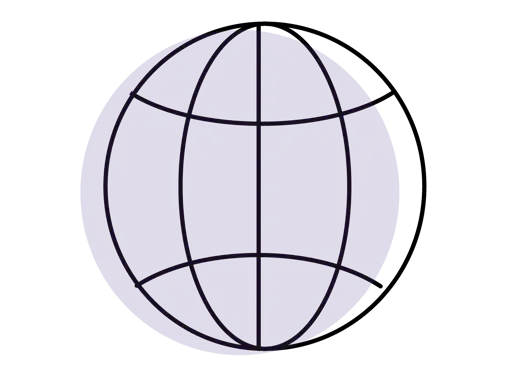The BMA is deeply concerned by the brutal Hamas attack on 7th October 2023 and the Israeli response. This has resulted in the unacceptable taking of hundreds of hostages, the destruction of medical facilities, and the deaths of tens of thousands of civilians, including healthcare workers.
Acknowledging the complexity of this conflict, the BMA’s focus is on ensuring medical neutrality* and respect for International Humanitarian Law as per the BMA’s procedures for engagement in international humanitarian issues.
The BMA is also deeply concerned by the impact of the conflict in the UK, notably the rise in both antisemitism and islamophobia, including in the NHS.
Our interventions
- Read our statement on Israel's NGO policy – January 2026
- Read the BMA statement on the bombing of Nasser hospital in Gaza – August 2025.
- Read our second letter to the foreign secretary David Lammy MP on our concern regarding the blockade of aid, healthcare crisis, and resultant profound suffering in Gaza – August 2025 and the response from the Minister for the Middle East, North Africa, Afghanistan, and Pakistan – September 2025.
- Read our letter to the World Medical Association expressing concerns over positions on and approach to the Israel-Gaza conflict - July 2025. The WMA responded with a request to meet to discuss a way forward.
- Read our letter to the foreign secretary David Lammy MP on our concern regarding the risk of famine in Gaza due to the Israeli blockade of aid - May 2025 and his response - July 2025.
- Read our letter to the foreign secretary David Lammy MP on our concern regarding the arbitrary detention of Gazan healthcare workers by Israel forces - February 2025
- Read the BMA statement on the Israel-Gaza crisis - January 2025
- Read our letter to the foreign secretary David Lammy MP on our concern for the current and future healthcare situation in Gaza - November 2024
- Access the support we have available for UK doctors - impact of the Israel-Palestine conflict - June 2024
- Read the BMA statement on Al Shifa Hospital in Gaza - June 2024
- Read our letter to David Cameron on the humanitarian crisis in Gaza - January 2024 and his response - February 2024
- Read our letter to Amanda Pritchard expressing our concern regarding discrimination, antisemitism and Islamophobia faced by medical students and doctors - January 2024
- Read the BMA position: Israel-Gaza conflict - November 2023
- Read our letter on the safe return of an NHS doctor from Gaza - November 2023
- Read the BMA statement on the bombing of Al Ahli Arab Hospital in Gaza - October 2023
- Read the BMA statement on the Israel-Gaza conflict - October 2023
The World Medical Association adopted a BMA-proposed resolution on the protection of healthcare in Israel and Gaza during their Council session in April 2024 and the General Assembly in October 2024. The BMA led efforts in creating and pushing for this resolution and, through extensive discussions, it passed unanimously.
BMA asks
1. An immediate ceasefire
A ceasefire is essential to ensure humanitarian needs are met, medical supplies can be delivered, and non-combatants can leave the areas under threat if they so wish.
2. Respect for international humanitarian law
There has been a terrible disregard for international humanitarian law during this recent conflict. We strongly urge all sides to recognise and abide by these principles.
3. The immediate release of all hostages
It is unacceptable for hostages to be taken during a conflict. Hamas must return the 200 hostages without delay.
4. Resumption of supplies and resources entering Gaza
Food, water, electricity, fuel, and medical supplies are not bargaining chips but essentials. Israel must allow Gazans to access these basic needs.
5. Respect for medical impartiality and neutrality
Doctors, other healthcare professionals, patients, and medical facilities are protected under international humanitarian law. All parties must respect this, not target such individuals and facilities, and make all reasonable efforts to ensure that there is no accidental damage to them. Furthermore, doctors must not be placed in a position where there are unable to care for patients equally and impartially.
6. The establishment of a humanitarian corridor
It is vital a humanitarian corridor is established to ensure necessary supplies reach Gaza. We welcome the news that the aid convoys are now reaching Gaza. However, what has arrived so far is insufficient. It is highly concerning the UN's agency for Palestinian refugees described Gaza a ‘hellhole’ for civilians; time is running out to get aid into the territory.
7. Governments of the world to work together to ensure humanitarian needs are met
We ask governments of the world to recognise these asks, which have been reinforced globally, and work with all parties concerned to ensure this is achieved.
*Medical neutrality can be understood as the principle of non-interference in medical care during times of conflict. This means healthcare workers should not be impeded in providing medical care and, equally, medical professionals must provide care to those in need without discrimination.

